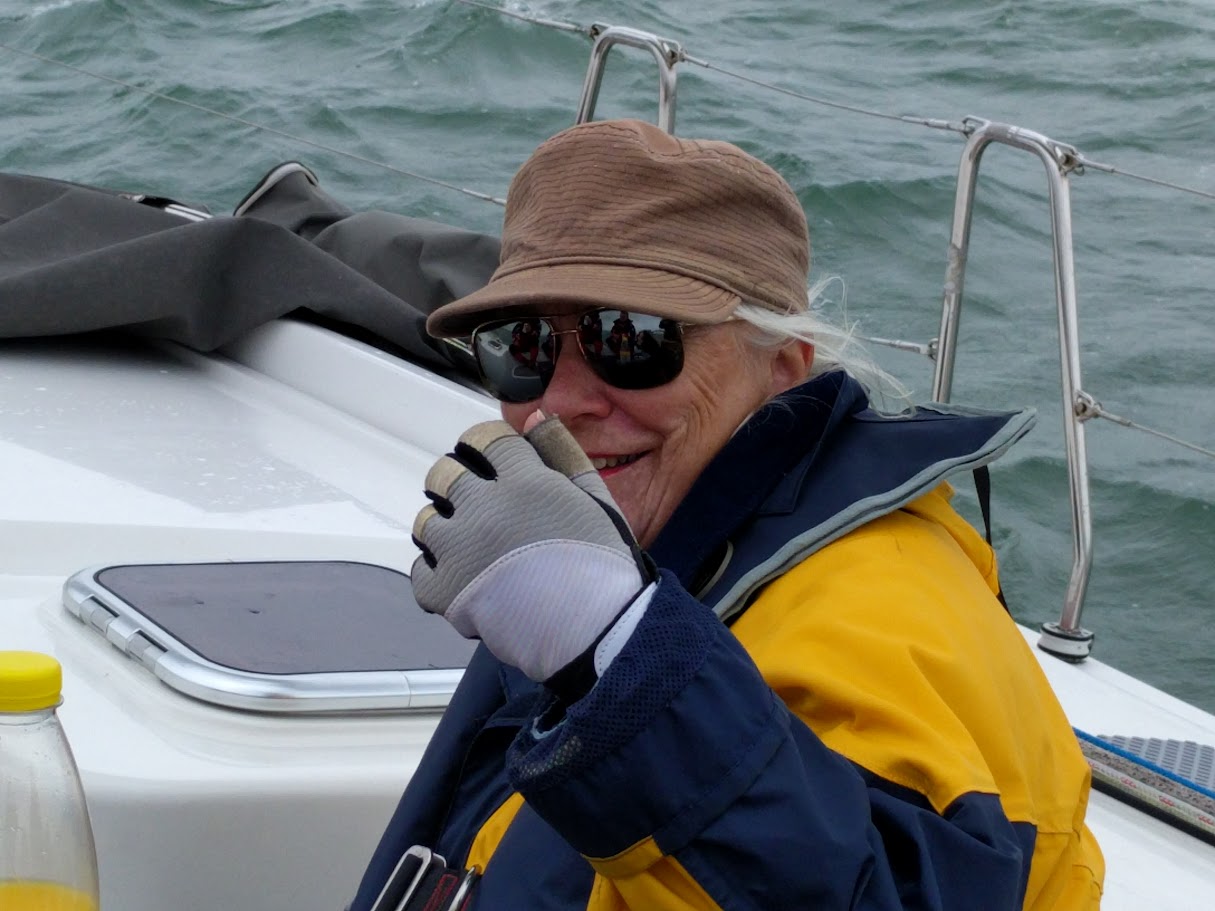
Boat Etiquette Isn’t Optional. It’s How We Keep the Water Open.
Everyone loves the thrill of open water — the engine hum, the pull of a sail, the sense of freedom. But what most of us forget is that the things we value most about boating are only possible because of an unspoken social agreement: etiquette.
Etiquette is not just courtesy. It’s the invisible glue that keeps the experience intact — and the reason we’re not yet living under another layer of bureaucracy. When it breaks down, we lose more than just tempers. We lose the privilege of a self-governed space.
So here’s a clear-eyed look at what good etiquette actually means on the water, and why it’s not just about being polite— it’s about keeping boating alive.
Mind your wake.
A boat doesn’t just move through water — it sends ripples, sometimes literally. A large wake from a fast-moving vessel can unsettle moored yachts, swamp dinghies, and knock over someone’s gin &tonic. More seriously, it can damage hulls, dislodge fenders, and cause real injury.
The solution is simple: slow down in harbours, moorings, and narrow channels. Respect posted speed limits. Stay aware of your surroundings. This isn’t Baywatch...you’re not being filmed.
Respect quiet.
Sound travels farther on water than on land. A single shouted instruction, phone call, or party playlist can become the evening entertainment for every boat within half a mile.
In Britain, the etiquette is to put the kettle on and keep the noise down. In America, they might tell you outright.
But wherever you are, don't assume others signed up for your soundtrack.
Wave as you pass.

The most subtle act of boat etiquette. A small wave as boats pass is more than courtesy. It signals awareness, friendliness, and that you’re part of the same code.
In busy areas, this is being lost. That’s a shame, because it’s one of the few signals that reminds us we’re not just operating vehicles — we’re sharing something better.
Own your mistakes.
Everyone makes a hash of things now and then. A mistimed line toss, a clumsy docking attempt, a wrong turn up the fairway —it happens. What matters isn’t the mistake. It’s what you do next.
Acknowledge it. Apologise if needed. Fix it if you can. That kind of response earns respect faster than any perfect manoeuvre.
Alcohol.
In the UK, there are no universally prescribed alcohol limits for non-professional boat operators, but it is illegal to operate a boat if alcohol or drugs impair your ability to do so safely, with consequences including fines, imprisonment, and vessel impoundment under local byelaws or theMerchant Shipping Act.
That doesn’t mean the risks disappear. Etiquette operates where behaviour may not be illegal , but can still put others at risk.
If you’re the one in charge of the boat, stay sharp. That doesn’t mean teetotal, but it does mean responsible. Being “just over the limit” doesn’t help much when there’s a collision, injury, or damage involved. Your insurance won’t be impressed either.
Don’t dominate shared space.
Marina berths, pontoons, fuel docks, waterpoints — these are shared facilities, not your private retreat. Use them with purpose, then move on.
Don’t block access while you chat, don’t linger while others wait, and don’t assume you’re more entitled to space than anyone else.
In short: be aware of your footprint, even when it’s metaphorical.
Rules of the road matter, but courtesy does too.
Yes, COLREGS exist. But so do humans. Right-of-way rules are clear enough, but there are always grey zones: narrow passes, confused novices, big boats with blind spots. Giving dinghies and sailing craft more space than they strictly need signals respect for others.
You may be technically in the right, but blasting forward in a tight squeeze just to prove a point makes you less o fa skipper and more of a liability. Courtesy isn’t weakness- its how the whole system survives.
Help quietly, not heroically.
Every boat owner eventually finds themselves in need of a line handler, a fender boost, or a quick hand with ropes. Offer help if you can — but keep it calm and respectful. Nobody needs a dramatic intervention.
Quiet competence goes a long way. So does staying out of it if you’re not sure what you’re doing. Help offered well will be remembered fondly.
Teach the next generation.

No one is born knowing how to raft up, radio in, or share a mooring. That knowledge comes from watching, asking, and being taught. If we don’t pass on the right behaviours, someone else will pass on the wrong ones — and we all suffer for it.
Boatshed brokers have started seeing more tension in marinas — boats left with engines running, radio etiquette ignored, rules treated as optional. This is how regulation creeps in.
It doesn’t take a lecture. Just explain what you’re doing when they’re onboard, and why it matters. Culture isn’t handed down automatically. You have to point it out.
Final word.
Etiquette isn’t a nice-to-have. It’s the price of entry. Without it, we lose the very thing that makes boating special: the space to manage ourselves.
So next time you’re out, think of etiquette not as a constraint — but as a form of freedom. It’s how we keep the sea open.
